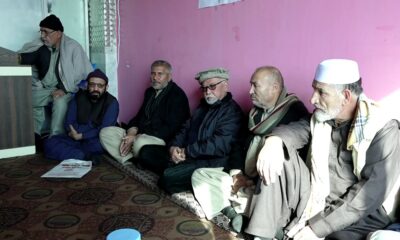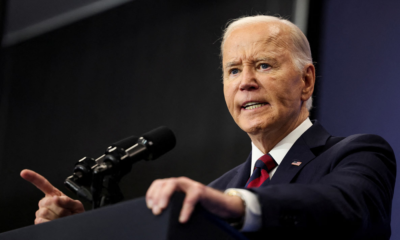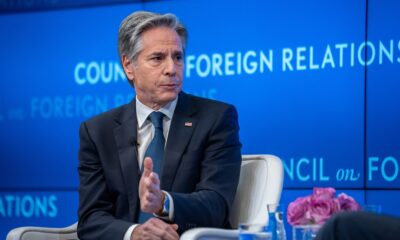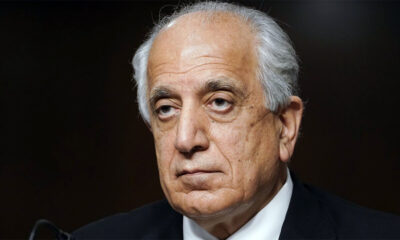Latest News
China’s Wang says Afghans ‘can control own destiny’ post withdrawal

China’s Foreign Minister Wang Yi said this week that while the withdrawal of foreign troops from Afghanistan will bring some uncertainties, the move will give the Afghan people the chance to control their own future.
Following a video dialogue on Thursday with his Afghan and Pakistani counterparts, Wang said troops withdrawal will give Afghans an opportunity “to truly control their own destiny.”
According to China’s official readout after the trio’s discussion, Wang said: “The three sides agreed to deepen the cooperation in BRI (Belt and Road Initiative), supporting the substantial expansion of it to Afghanistan, and enhance the level of interconnection between the three countries.”
The three parties also agreed to create a strong dialogue mechanism between the respective foreign ministers, with China calling to add dialogue between their envoys to discuss peace talks in Afghanistan and specific steps to be taken.
According to the South China Morning Post, Beijing fears the withdrawal will lead to a potential resurgence of terrorism in the country, which would pose security risks to its predominantly Muslim Xinjiang region bordering Afghanistan and threaten its belt and road projects in the region.
China has sought to strengthen cooperation with Central Asian states on security to manage any potential spillover of turmoil from Afghanistan. During a meeting with the foreign ministers of Kazakhstan, Kyrgyzstan, Tajikistan, Turkmenistan and Uzbekistan last month, Beijing said they should jointly crack down on terrorists and prevent transnational crime.
However, the post reported that Zhu Yongbiao, a professor of international relations at Lanzhou University, said the expansion of belt and road projects to Afghanistan could face multiple challenges.
“First, it will face security risks due to the instability there. Besides, investment of Chinese enterprises may also fail due to the lack of understanding of Afghan culture and society. Moreover, China will be highly likely to face international accusations such as the ‘debt trap’,” Zhu said.
“Looking from China’s recent official statement, it is likely to be more active in Afghanistan from now on than in the past, which means China’s influence in the country will be expanded.
“But it does not necessarily reduce the influence of the US, because the stance of China and the US on Afghanistan is not conflicting. Instead, they share common interests in improving the self-development capacity of Afghanistan,” he said.
Latest News
IEA to set up special courts to address pensions
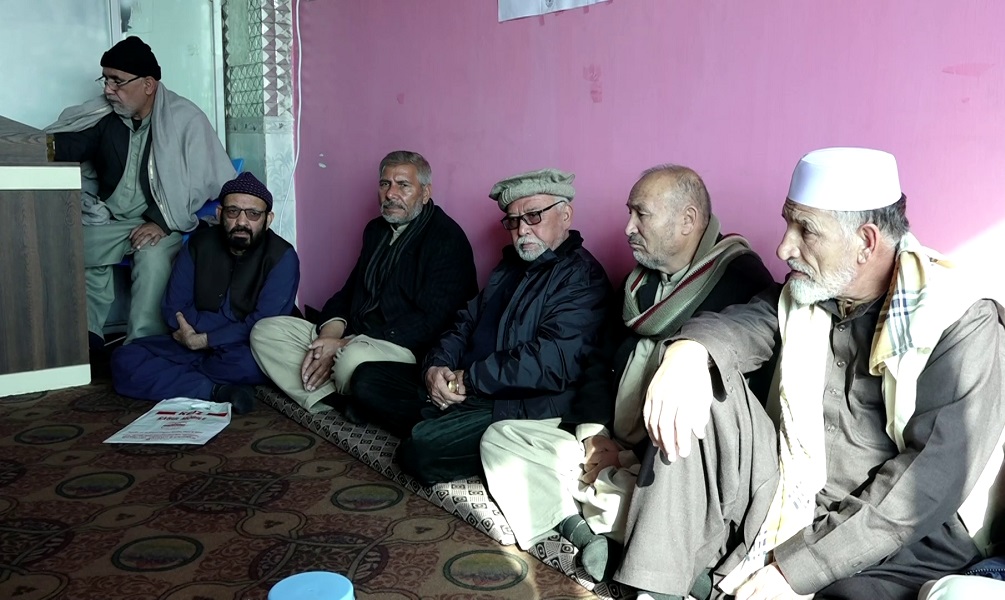
Mawlawi Hebatullah Akhundzada, the supreme leader of the Islamic Emirate of Afghanistan (IEA), has issued a decree to establish special courts to address pensions, Bakhtar news agency reported on Saturday.
According to the decree, the courts must confirm and process pensions in accordance with Sharia and law.
Pensioners have repeatedly voiced concern over delay in payment, saying that their financial challenges are growing.
Earlier this year, IEA's supreme leader banned money being deducted from salaries of government employees for pensions.
He also requested information on the tenure of employees and the total amount deducted from salaries for pensions.
Latest News
Blinken urges immediate lifting of restrictions on women’s education and work in Afghanistan
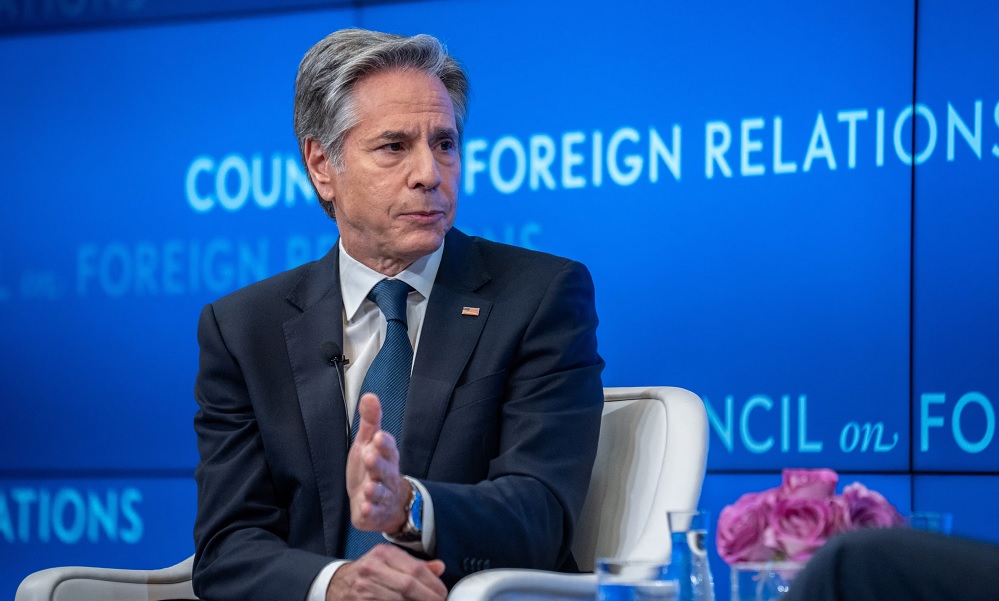
US Secretary of State Antony Blinken on Saturday called on the Islamic Emirate of Afghanistan (IEA) to immediately lift restrictions on women's education and work.
Marking two years of the ban on women's education in universities and women's work in NGOs, Blinken said on X that women and girls are the lynchpin to a more stable and prosperous Afghanistan.
“It’s been two years since Taliban (IEA) banned women and girls from universities and Afghan women from working in NGOs. Afghan women and girls are the lynchpin to a more stable, peaceful, and prosperous Afghanistan. We call on the Taliban (IEA) to immediately reverse these edicts,” he said.
The Ministry of Higher Education announced in December 2022 that women and girls could not attend public and private universities "until further notice".
Previously, girls' education above the sixth grade was also suspended.
Latest News
IEA can learn from Syria’s al-Sharaa: Khalilzad
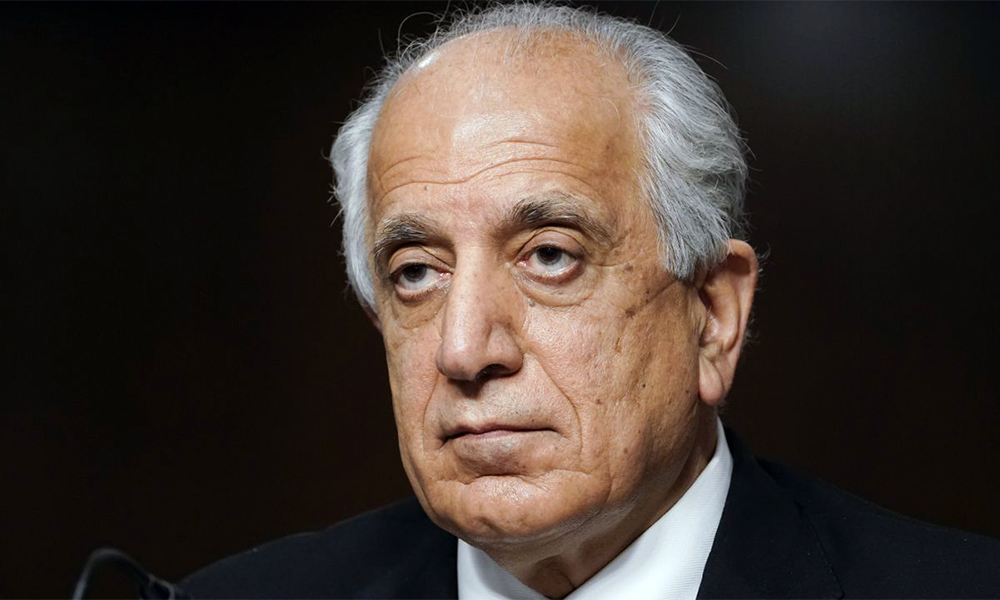
Former US envoy for Afghanistan peace, Zalmay Khalilzad, said on Saturday that the Islamic Emirate of Afghanistan (IEA) can learn from Ahmad al-Sharaa, leader of Syria’s Hayat Tahrir al-Sham group, on how to join the mainstream international system.
He noted on X that the US bounty for the arrest of Ahmad al-Sharaa is being removed.
“Others in similar circumstances can learn from Ahmad al Shara how to join the mainstream international system. Are the Taliban paying attention?” he said.
Ahmad al-Sharaa has said that there are many differences between them and the Islamic Emirate.
He has said that he will not prevent the education of women and girls, respect the rights of minorities and will launch an inclusive political process.
-

 International Sports5 days ago
International Sports5 days agoWinners of The Best FIFA Football Awards 2024 to be revealed Dec. 17
-
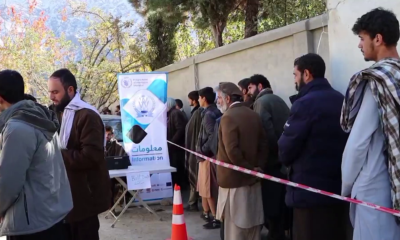
 Latest News5 days ago
Latest News5 days agoAfghanistan’s harsh winter intensifies struggles for vulnerable families: WFP
-

 Regional4 days ago
Regional4 days agoBomb kills chief of Russian nuclear protection forces in Moscow
-

 Sport4 days ago
Sport4 days agoATN once again seals deal to broadcast upcoming IPL across Afghanistan
-

 Sport4 days ago
Sport4 days agoLanka T10: All three matches abandoned due to rain
-

 World4 days ago
World4 days agoAt least 100,000 bodies in Syrian mass grave, US advocacy group head says
-

 Latest News4 days ago
Latest News4 days agoIndia hoping to import coal and marble from Afghanistan
-

 Latest News4 days ago
Latest News4 days agoTrump says he would have pulled out of Afghanistan with ‘dignity and strength’






